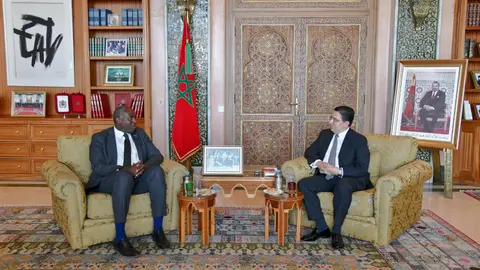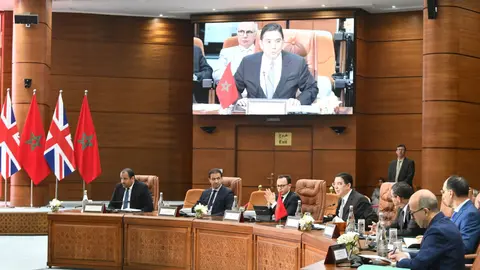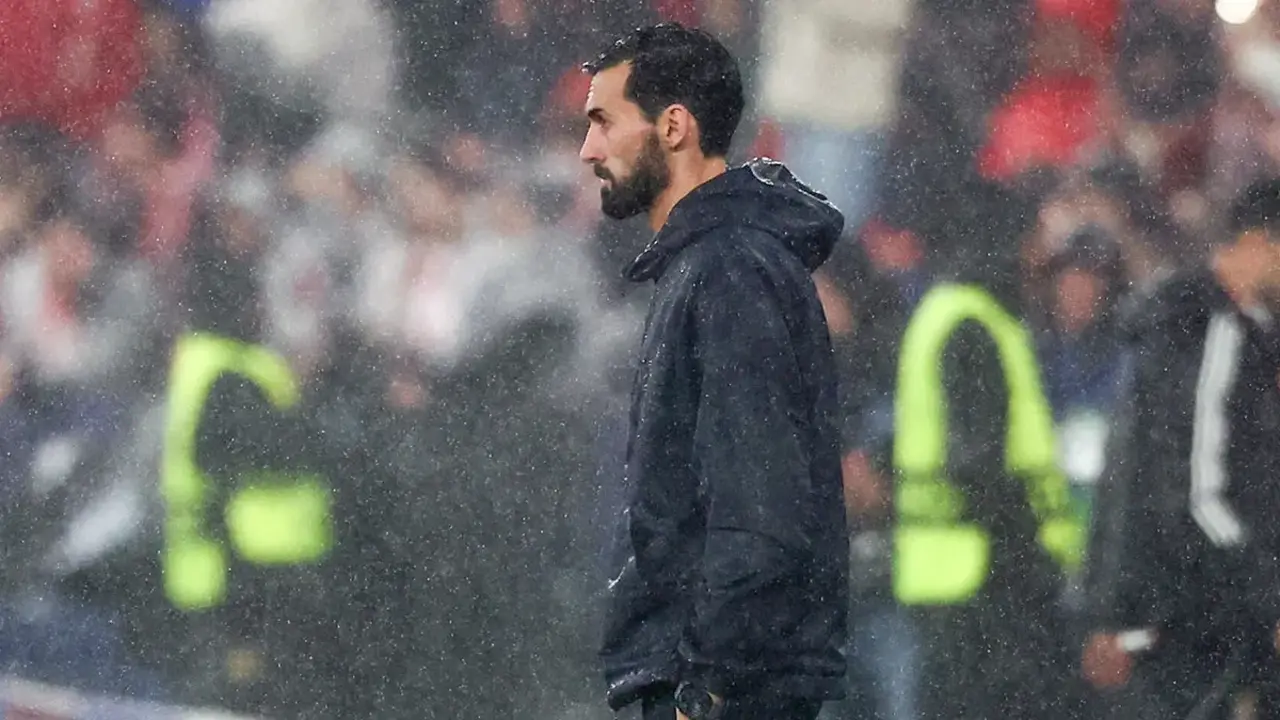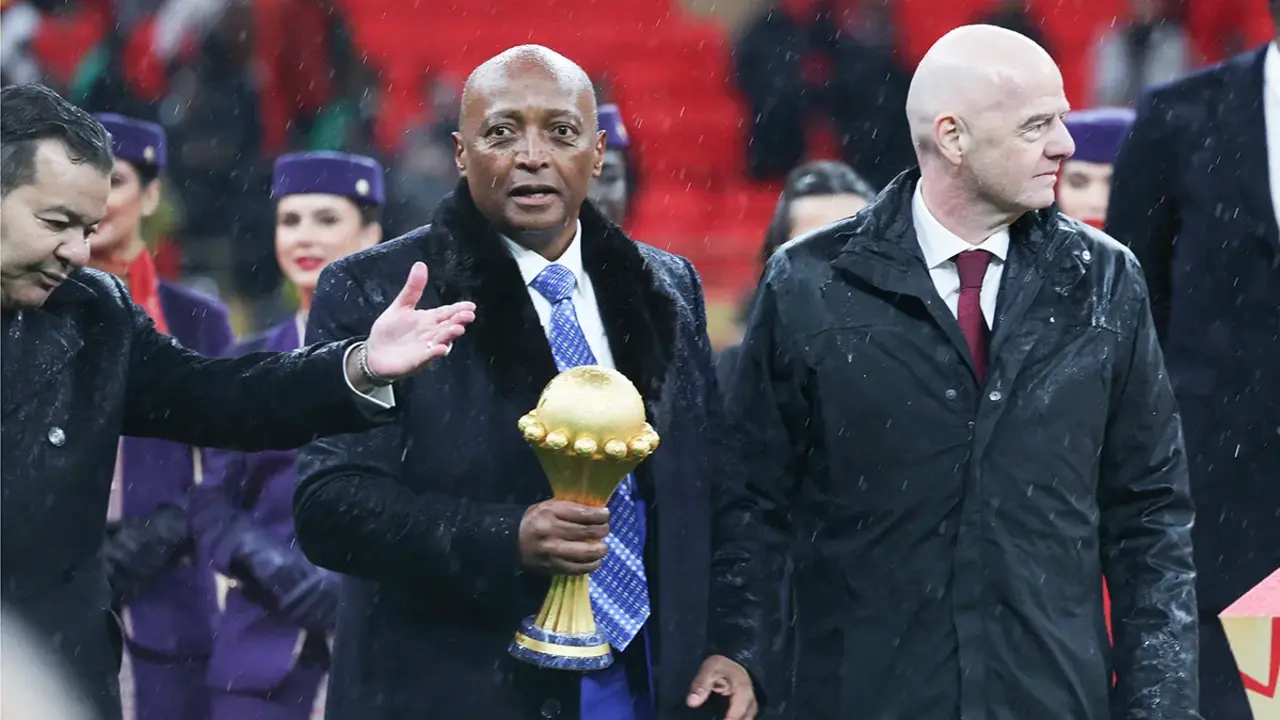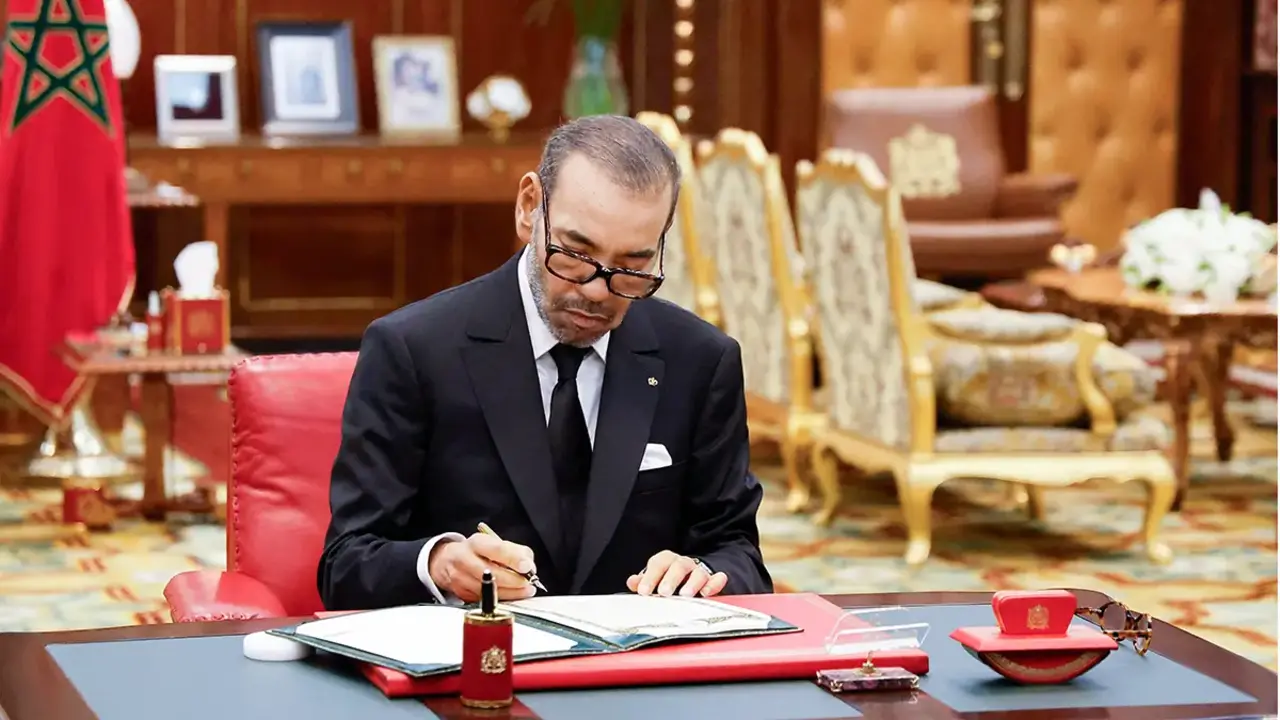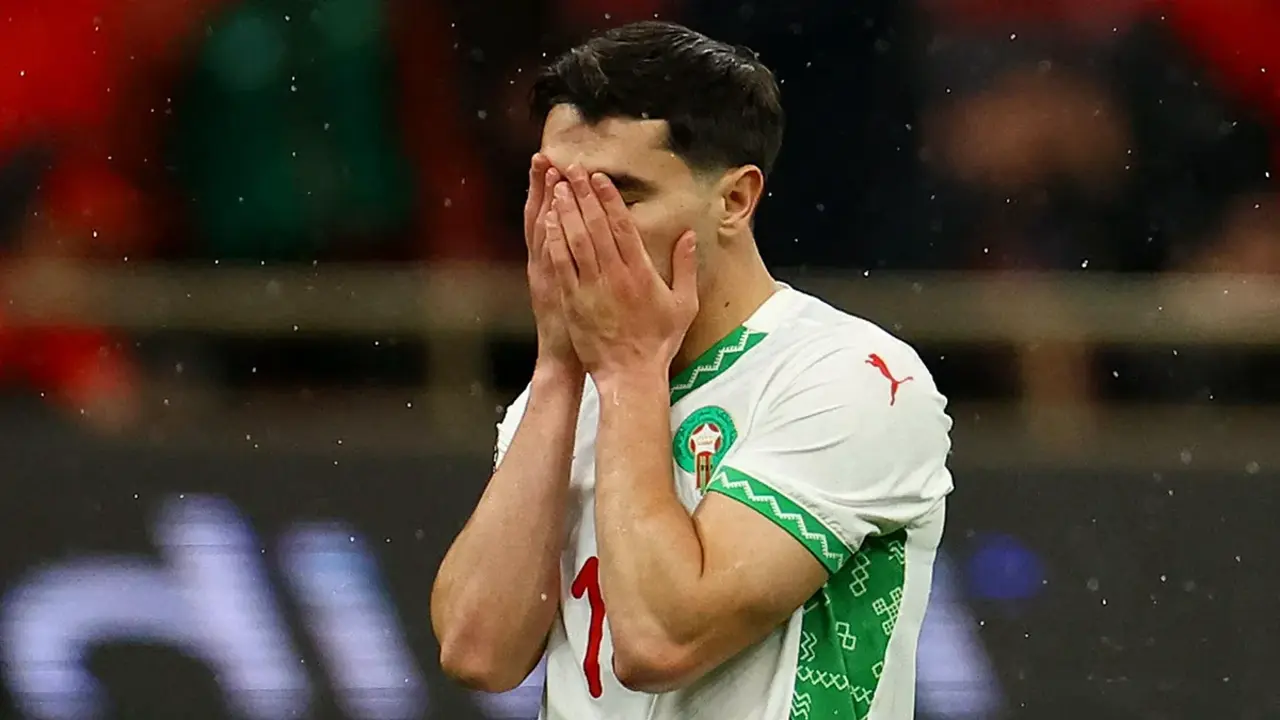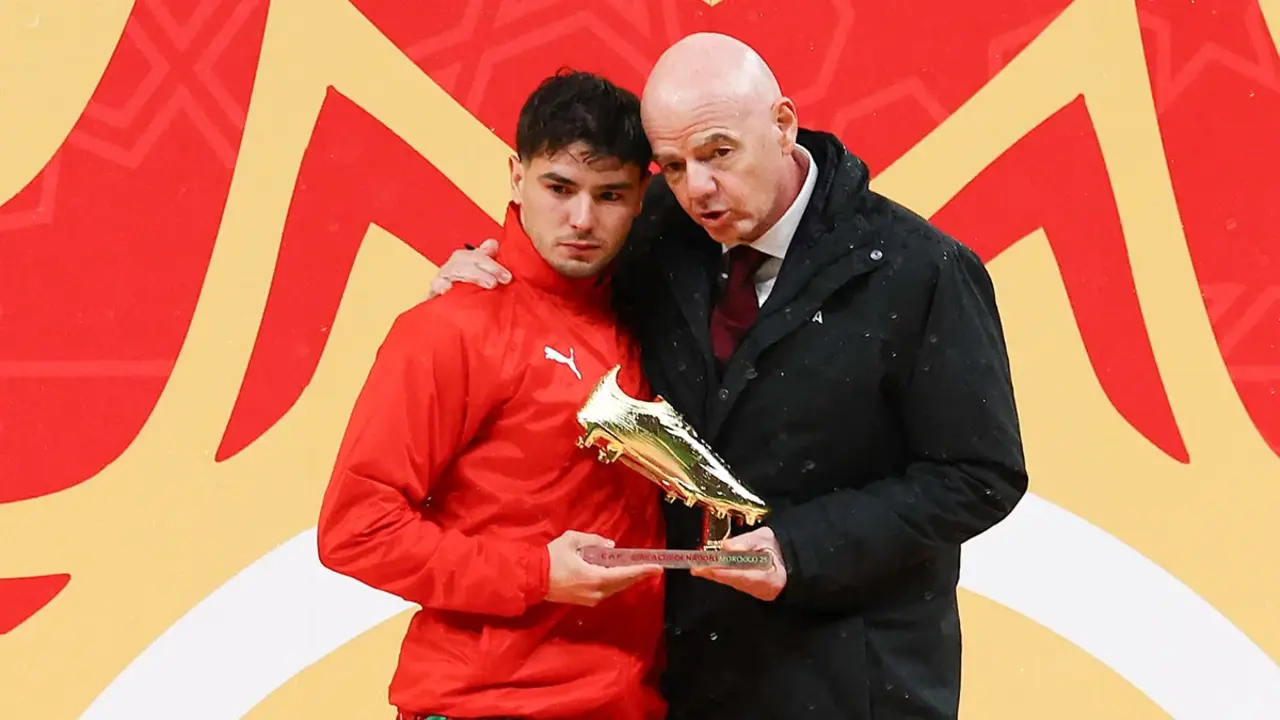British companies join the 2030 World Cup after backing Moroccan sovereignty over the Sahara
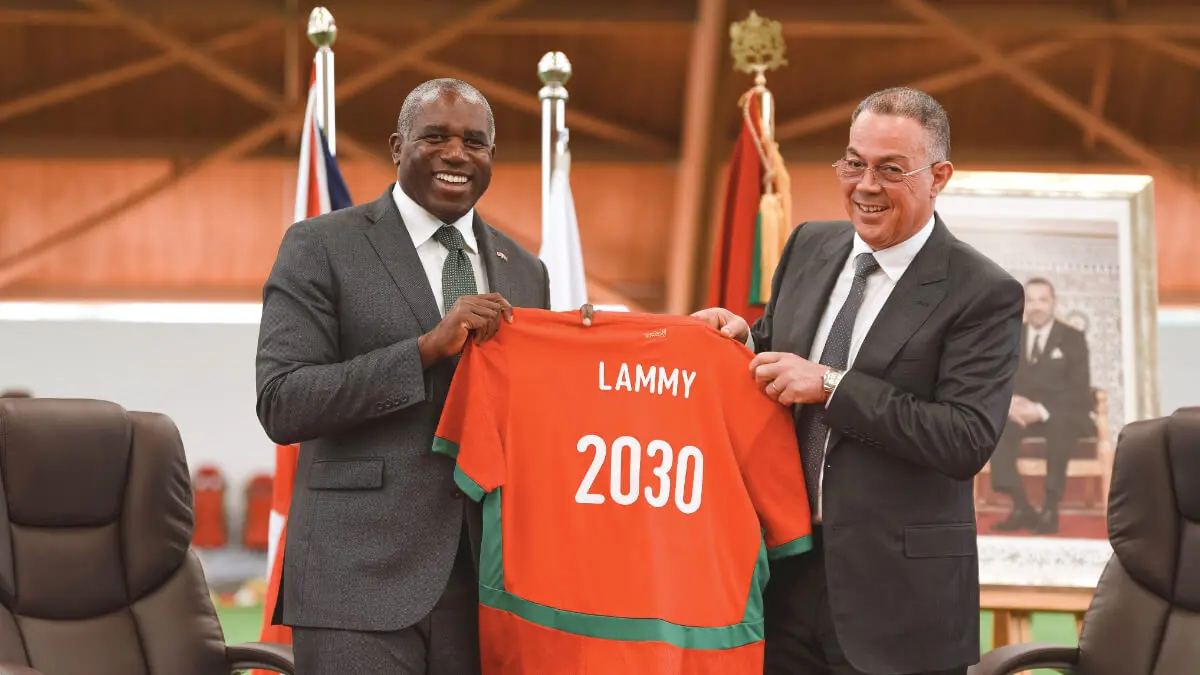
The United Kingdom and Morocco will partner to make the 2030 World Cup one of the greatest sporting events in the history of sport.
As announced by British Foreign Secretary David Lammy, the United Kingdom believes that these agreements ‘will ensure that British companies achieve great success at the biggest football event,’ in a context in which Morocco is seeking to invest in infrastructure ahead of the 2030 World Cup, which it will host jointly with Spain and Portugal.
During his visit, Lammy toured the facilities of the Mohammed VI Academy and the construction site of the Moulay El Hassan Stadium, named in honour of Crown Prince Moulay El Hassan.
Investment in the 2030 World Cup
Following Bourita's announcement that the possibility of the United Kingdom participating in the 2030 World Cup infrastructure project was being explored, a 12-member British delegation, including leaders from some of the country's largest construction companies, visited Morocco to explore investment opportunities and secure agreements related to ‘the most important event in sport’.
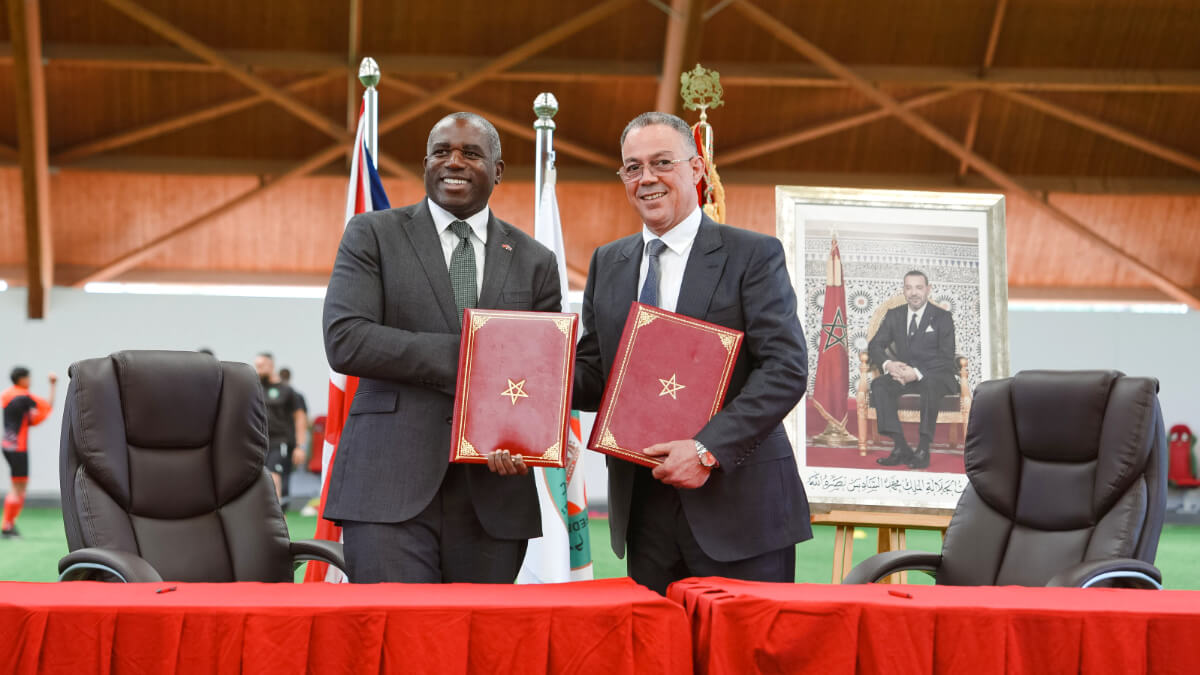
They met with officials from strategic Moroccan institutions such as the National Airports Office (ONDA), the National Railways Office (ONCF), the Casablanca Regional Council, the city mayor and the director general of the Casablanca International Exhibition Centre.
Among the companies in attendance was British engineering firm Populous, which was awarded the contract to design the Benslimane Stadium, the world's largest stadium, on the outskirts of Casablanca. Similarly, other UK-based companies are working on additional projects for the 2030 World Cup in Morocco, mainly cooperation in the fields of health, innovation, port infrastructure and water.
In addition, other agreements have been signed between the UK Export Finance Agency and Moroccan companies to provide state-of-the-art infrastructure for the 2030 World Cup.

Morocco has allocated an initial budget of between 5 and 6 billion dollars for major infrastructure and sports facility projects.
This expenditure is expected to include the development of stadiums, the improvement of transport networks and tourist facilities, with the aim of hosting this global event to the highest international standards.
These investments include the renovation of six large stadiums and their technological equipment in the country's most important cities, such as Rabat, Marrakesh and Tangier, and the construction of a new stadium in Casablanca with a capacity of 115,000 seats, the largest stadium in the world.
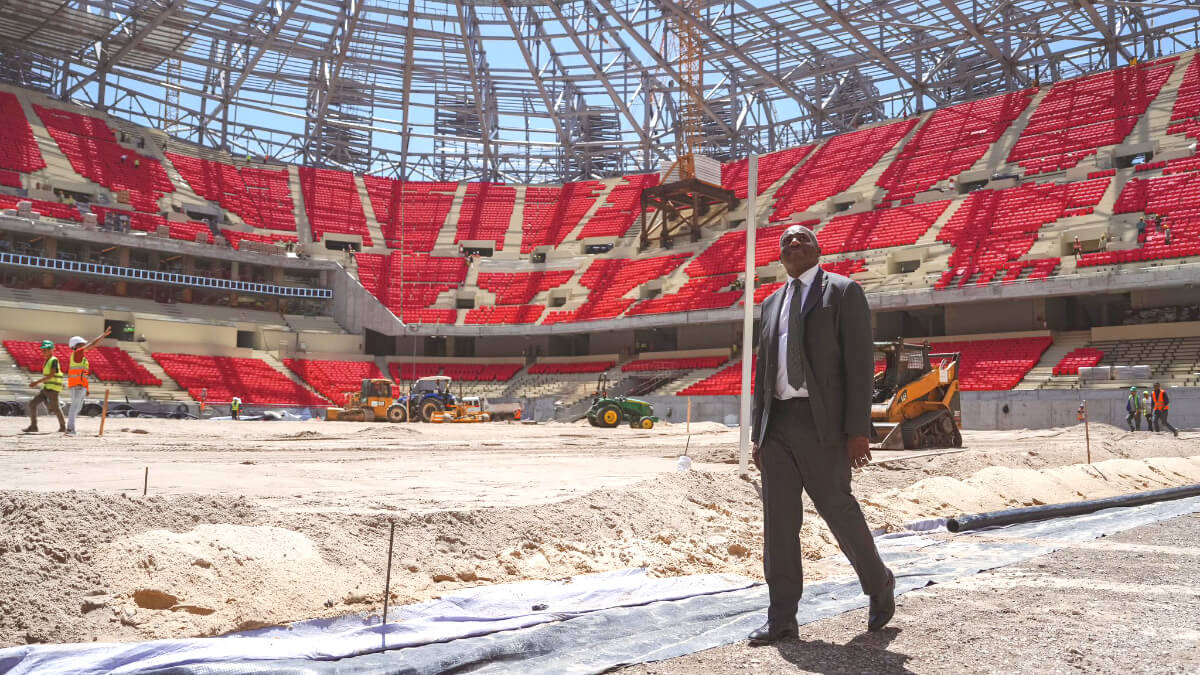
‘A credible, realistic and viable solution’
Moments after talks with Moroccan Foreign Minister Nasser Bourita, Lammy said that the Autonomy Plan proposed by Moroccan King Mohammed VI in 2007 represents ‘the most credible, viable and realistic basis for a lasting solution to the conflict.’
‘The United Kingdom will continue to work bilaterally, including at the economic, regional and international levels, in line with this position to support a resolution of the conflict,’ Lammy said.
This decision makes Britain the third permanent member of the UN Security Council to support the Moroccan Autonomy Plan, following the United States in 2020 and France in 2024. In addition, more than 110 countries from all continents have announced their support.
Foreign Minister Nasser Bourita praised the UK's position, calling it historic and saying it was part of a ‘push to accelerate the resolution of the conflict.’

